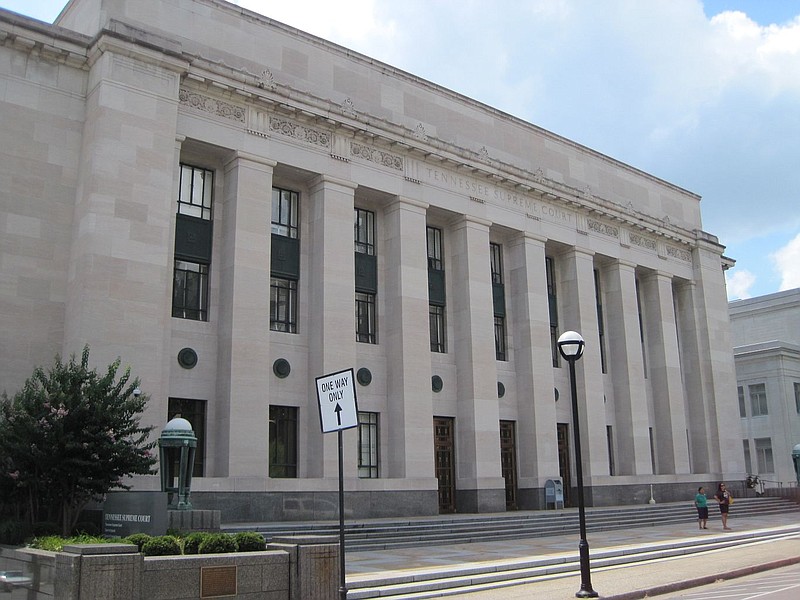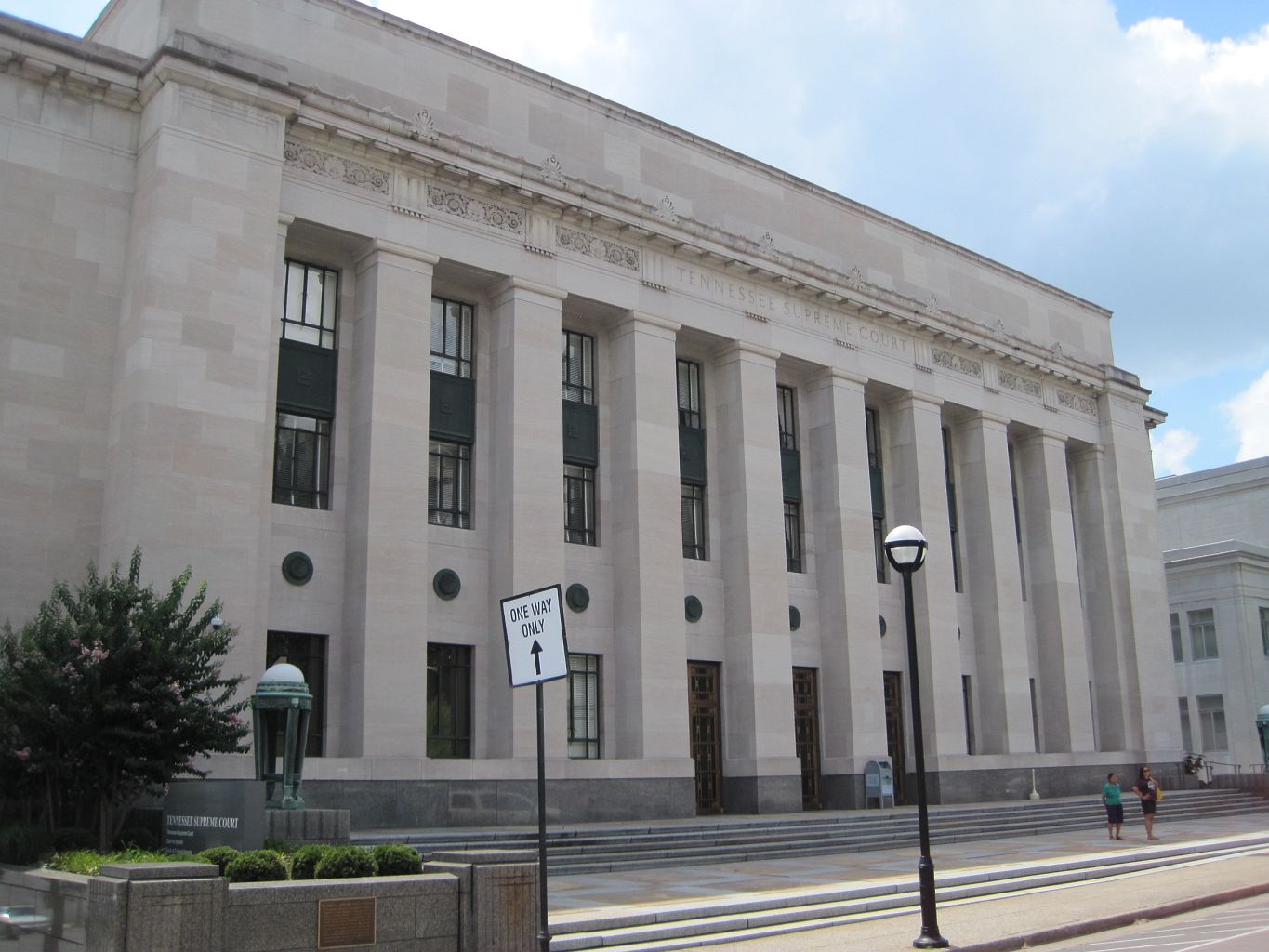NASHVILLE -- The Tennessee Supreme Court has set aside last March's decision by a Hamilton County judge who ruled a 2011 state law capping certain personal injury damages at $750,000 is unconstitutional.
In their ruling, justices said the case simply was not "ripe" enough, that is, the lawsuit had not proceeded far enough for such a ruling.
The case involved a ruling by Circuit Judge W. Neil Thomas III on a $25 million-plus negligence lawsuit filed by Donald and Beverly Clark against several divisions of AT&T and one of its employees, Aimee Cain. The suit also named then-Tennessee Attorney General Robert Cooper because of the constitutional issues being raised.
The couple sued as a result of a auto accident that injured Clark. In the suit, the couple also sought a ruling on the constitutionality of the state law that caps non-economic damages at $750,000 for certain personal injury cases.
Non-economic damages apply in situations where there is pain and suffering, physical impairment, disfigurement or other similar circumstances.
After the defendant filed a motion for partial summary judgment, Thomas ruled that the cap was unconstitutional, although no decision had yet been made by the jury as to liability or any amount of damages.
In their opinion, justices noted that they had dealt with a similar issue of "justiciability and ripeness" last summer in a criminal case.
"Ripeness requires a court to answer the question of whether the dispute has matured
to the point that it warrants a judicial decision," the justices wrote in that prior criminal case. "[R]ipeness is peculiarly a question of timing. [I]ts basic rationale is to prevent the courts, through avoidance of premature adjudication, from entangling themselves in abstract disagreements."
Justices vacated Thomas' ruling and remanded the case back to the trial court.
The 2011 law was a "tort reform" initiative of Republican Gov. Bill Haslam.
In his ruling, Thomas held the state doesn't have a constitutional right to cap non-economic damages, which he said should be called "pain and suffering damages," that are paid to plaintiffs.
In a rebuke of the law, Thomas called it an affront to juries, which he said should be able to award damages as they see fit.


